Search
Search Results
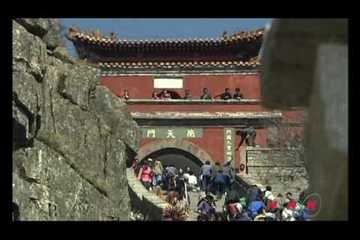
Video
Mount Taishan (UNESCO/NHK)
The sacred Mount Tai ('shan' means 'mountain') in China was the object of an imperial cult for nearly 2,000 years, and the artistic masterpieces found there are in perfect harmony with the natural landscape. It has always been a source of...
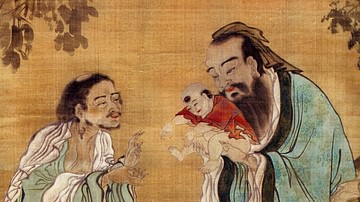
Definition
Lao-Tzu
Lao-Tzu (l. c. 500 BCE, also known as Laozi or Lao-Tze) was a Chinese philosopher credited with founding the philosophical system of Taoism. He is best known as the author of the Laozi (later retitled the Tao-Te-Ching translated as “The Way...
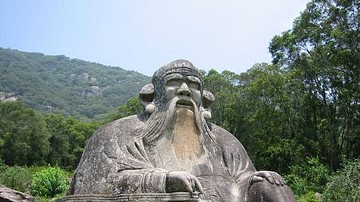
Definition
Taoism
Taoism (also known as Daoism) is a Chinese philosophy attributed to Lao Tzu (c. 500 BCE) which developed from the folk religion of the people primarily in the rural areas of China and became the official religion of the country under the...
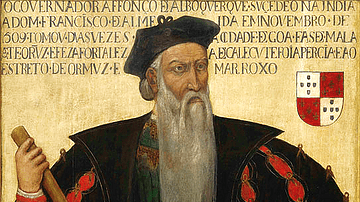
Article
Bangkok's Portuguese Past
Any itinerary for a visit to Bangkok, Thailand would include some of the city's must-see historical and cultural sights: The 24-hour flower market (Pak Khlong Talat) filled to the brim with jasmine-scented garlands, fragrant carnations...
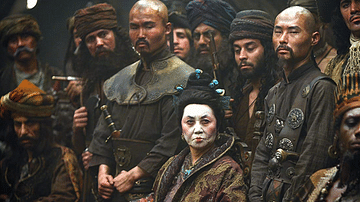
Definition
Zheng Yi Sao
Zheng Yi Sao (aka Ching Shih, Cheng I Sao, Ching Yih Saou or Mrs Cheng, d. 1844) was the chief of a massive pirate confederation which plundered the South China Sea in the early 19th century. She inherited the role from her late husband...
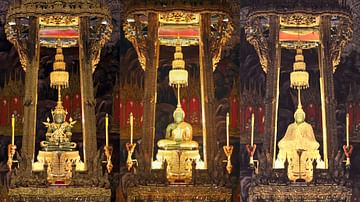
Article
The Temple of the Emerald Buddha
A small carved figurine sits high on a grand multi-tiered pedestal in a magnificent wat (temple) in Bangkok, Thailand. It has been sitting there since 1784 CE and was originally thought to be made of emerald. Hundreds of tourists and pilgrims...
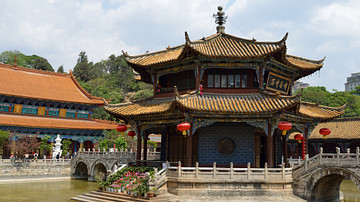
Article
Religion in Ancient China
Religious practices in ancient China go back over 7,000 years. Long before the philosophical and spiritual teachings of Confucius and Lao-Tzu developed or before the teachings of the Buddha came to China, the people worshipped personifications...
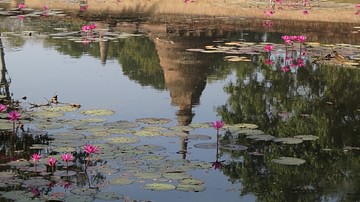
Definition
Sukhothai
Sukhothai or Sukhothai Historical Park was the former capital of the Kingdom of Sukhothai (1248-1438 CE), which was founded by King Si Inthrathit (r. 1238-1270 CE) and was the first in a series of independent polities that would eventually...
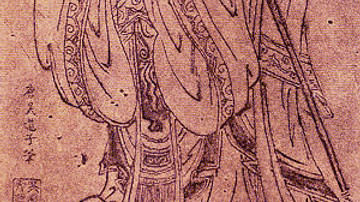
Definition
Ancient Chinese Philosophy
The term Ancient Chinese Philosophy refers to the belief systems developed by various philosophers during the era known as the Hundred Schools of Thought when these thinkers formed their own schools during the Spring and Autumn Period (c...
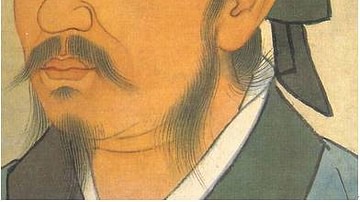
Definition
Xunzi
Xunzi (pronounced shund-zee, l. c. 310-c. 235 BCE) was a Confucian philosopher of the Warring States Period (c. 481-221 BCE) in China. He is also known as Hun Kuang, Hsun Tzu, Xun Tzu, and Xun Kuang. Xunxi translates as Master Xun and is...